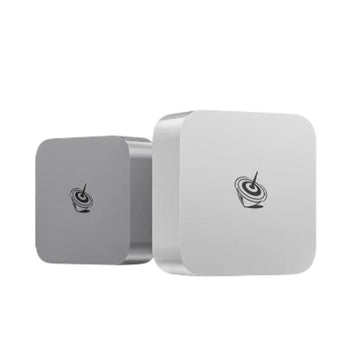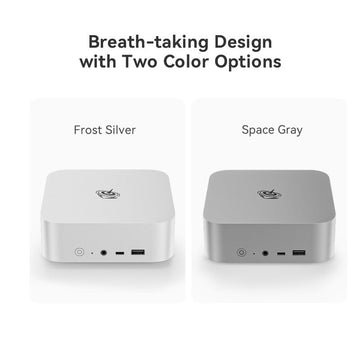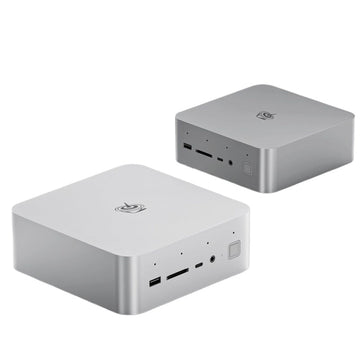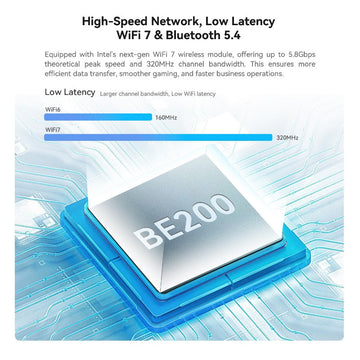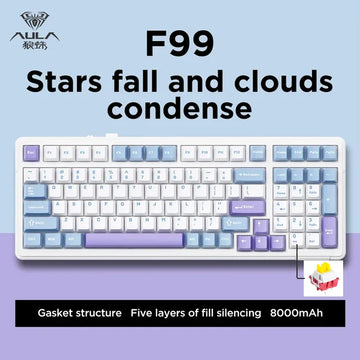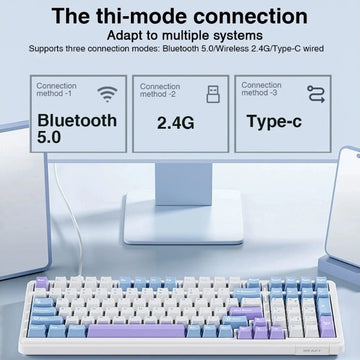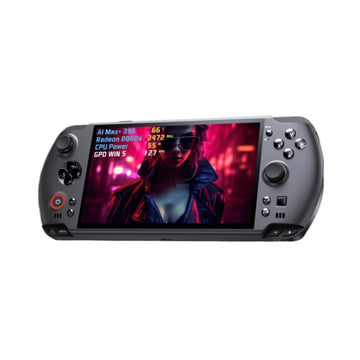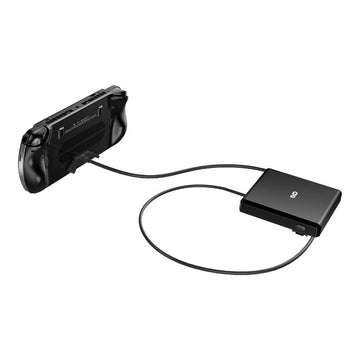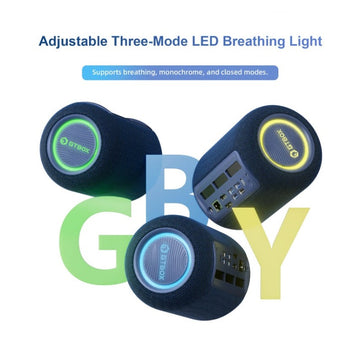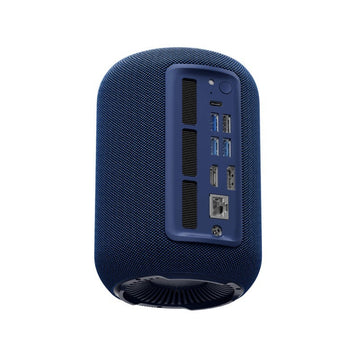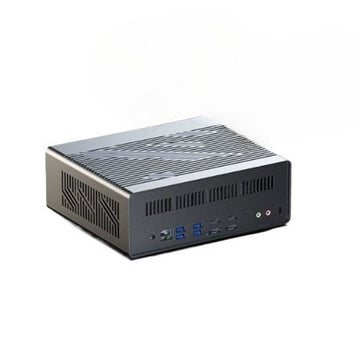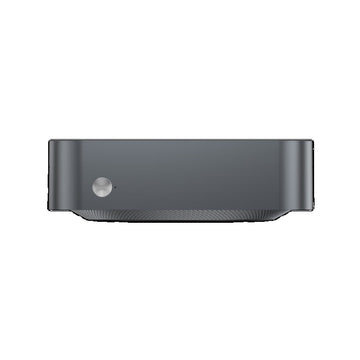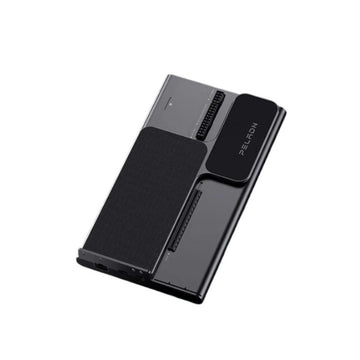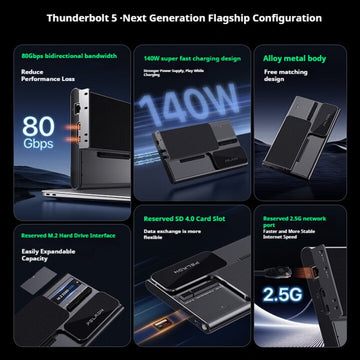Tenku Luna markiert Japans Einstieg in den Markt für Windows-Handheld-Konsolen
Die neue japanische Handheld-Konsole Tenku Luna steht kurz vor der Markteinführung und wird Japans erste Windows-basierte Handheld-Konsole sein. Das vom japanischen Hersteller Tenku entwickelte Gerät soll diese Woche offiziell vorgestellt werden; die vollständigen Produktdetails werden voraussichtlich am 17. Mai bekannt gegeben.

Das Tenku Luna ist mit einem 7-Zoll-Display ausgestattet, das eine Bildwiederholfrequenz von 120 Hz und Full-HD-Auflösung (1920 x 1080) unterstützt und somit ein ausgewogenes Verhältnis zwischen Bildqualität und Mobilität bietet. Bildschirmgröße und Bildwiederholfrequenz positionieren es in direkter Konkurrenz zu zahlreichen bereits existierenden Geräten im Bereich der Handheld-Spielekonsolen, der in den letzten Jahren immer umkämpfter geworden ist.
Im Inneren des Tenku Luna arbeitet ein AMD Ryzen 7 7840U Prozessor. Dieser Chip wurde erstmals 2023 veröffentlicht und basiert auf AMDs 4-nm-Zen-4-Architektur. Er verfügt über 8 Kerne und 16 Threads und eine integrierte Radeon 780M Grafikeinheit auf Basis der RDNA-3-Architektur. Dank dieser APU und des hochauflösenden Bildschirms eignet sich das Tenku Luna sowohl für moderne als auch für klassische PC-Spiele. Genaue Leistungsdaten werden jedoch noch bekannt gegeben.

Das Handheld-Gerät läuft standardmäßig mit Windows 11 Home Edition und ermöglicht Nutzern den Zugriff auf eine breite Palette von PC-Spielebibliotheken, darunter Steam, Epic Games Store und Xbox Game Pass für PC. Dadurch positioniert sich das Gerät eher als tragbarer PC denn als geschlossenes Spielsystem und bietet Nutzern, die es sowohl zum Spielen als auch für produktives Arbeiten nutzen möchten, maximale Flexibilität.
Das Tenku Luna verfügt über zwei USB4-Anschlüsse – einen oben und einen unten –, die beide Schnellladen mit Power Delivery (PD) unterstützen. Dies bietet zusätzlichen Komfort beim Andocken und Laden. Der 50,04-Wh-Akku ermöglicht voraussichtlich mehrere Stunden Spielzeit, wobei die genaue Laufzeit von der Auslastung und den Energieeinstellungen abhängt. Der Ein-/Ausschalter ist mit einem Fingerabdrucksensor ausgestattet, der das schnelle Entsperren des Geräts ohne Passworteingabe ermöglicht.
Tenku hat den Verkaufspreis und das genaue Erscheinungsdatum des Luna noch nicht bekannt gegeben, weitere Details werden jedoch bei der offiziellen Produktankündigung am 17. Mai erwartet. Bei dieser Veranstaltung dürften die Speicherkonfigurationen, Speicheroptionen, Softwarefunktionen und die Verfügbarkeit des Geräts erläutert werden.
Mit der Luna betritt Tenku als erste japanische Marke den Markt für Windows-Handheld-Konsolen. Während chinesische Unternehmen wie AyaNeo und GPD in diesem Segment bisher führend waren, deutet Tenkus Einstieg auf ein breiteres Interesse hin, insbesondere in Regionen mit einer langen Gaming-Tradition wie Japan. Angesichts des zunehmenden Wettbewerbs werden Leistung, Preis und die Unterstützung des Ökosystems der Tenku Luna voraussichtlich ihre Position in der sich wandelnden Landschaft der Handheld-Spiele bestimmen.

